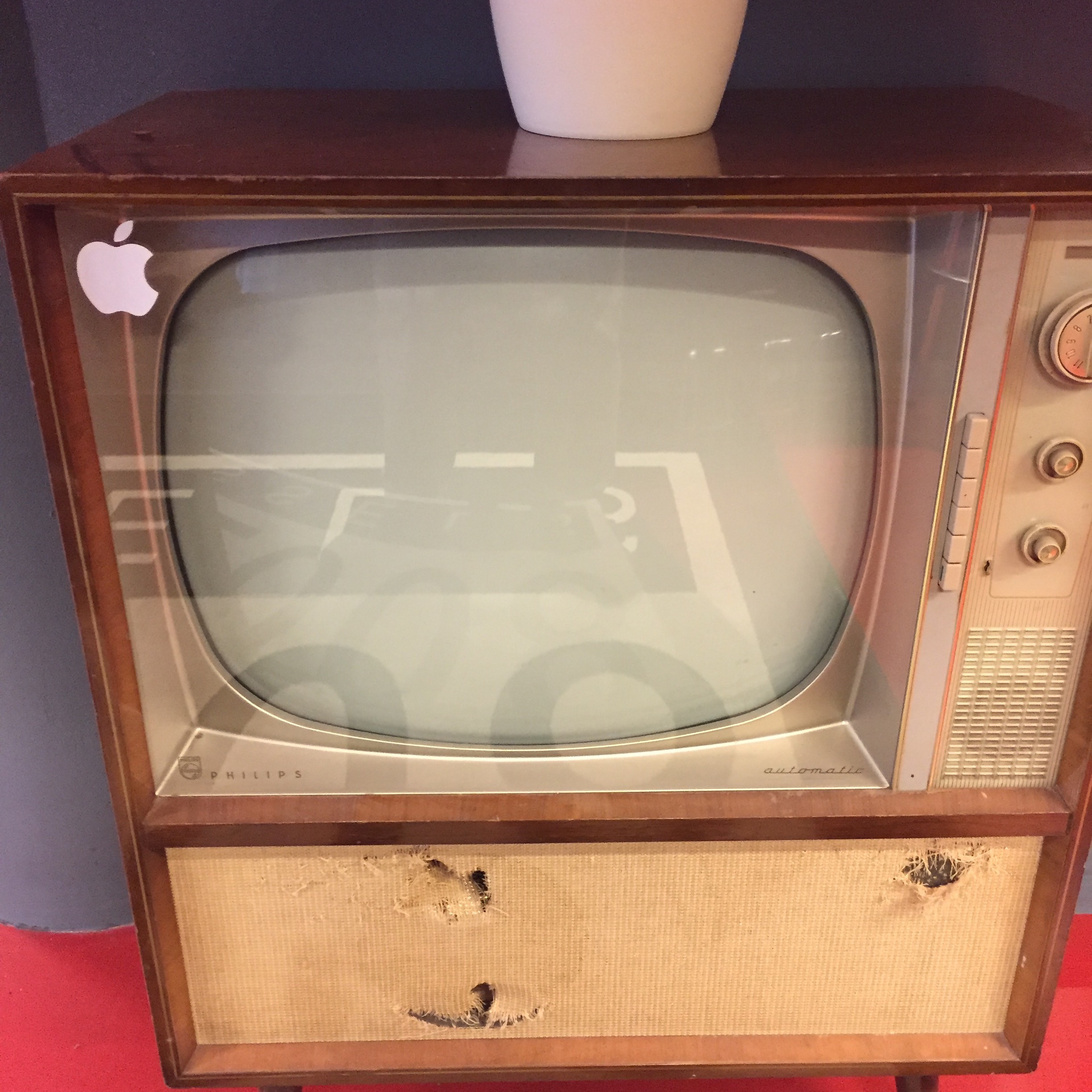
It used to be that cable was the 800 lb gorilla in the media market.
If you wanted to become an independent producer, and you wanted to make some real money, then cable was your target.
And no wonder, with nearly 2,000 channels to fill, cable had an unceasing appetite for content.
The problem with cable was that it became calcified.
Nervous.
I had a pitch session with a food related cable channel not long ago. I pitched a wide range of ideas. They didn't like any of them.
Fair enough.
"So... then what are you looking for?" I asked.
They paused and looked at one another. Pause again, then said:
"Hamburgers".
"That's it? That's what you want, "Hamburgers?"
They paused again.
"We have found that that is what rates."
Is it any wonder we are contemplating cutting the cord.
And we are not alone.
Cable, which was once the cutting edge of 'edgy' and experimental, unafraid to take risks, the people who brought us The Sopranos... now lives in terror... frozen terror. Terror of making a mistake. So they repeat the same program over and over and over again.
Meanwhile, across the street in Online Land, it's all about risk.
Facebook Watch, the newcomer on the block, is now spending a reported $500,000 to $750,000 per episode (PER EPISODE) for original programming. Snapchat is spending $100m (Snapchat!). Hulu, which lost $950m last year is going to spend $2.5 on original programming.
Now, here is a sobering statistic:
Netflix budget for original programming ($8 billion) for 2018 surpasses the original programming budget of... ready...
Sky
Apple
ITV
The BBC
HBO
CBS
Amazon
That says it all
It's a new world. And it's online.


